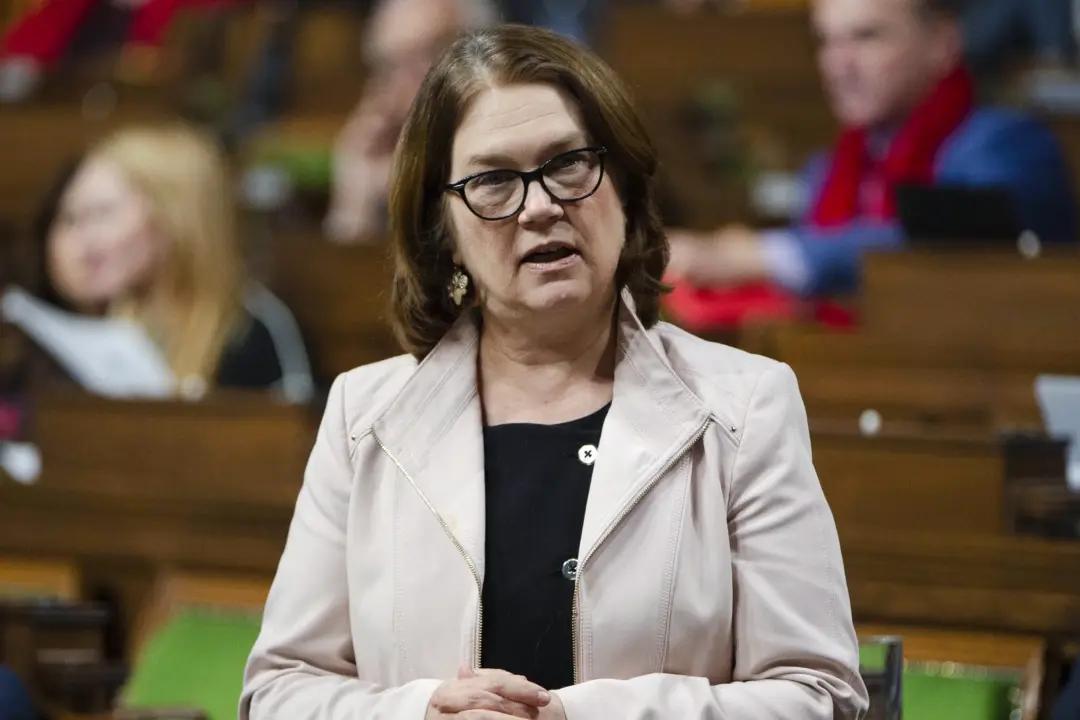Former federal Liberal health minister Jane Philpott has been appointed by the Ontario government to ensure every resident in the province is connected with a primary care provider in the next five years.
Philpott will lead a new primary care action team within the Ministry of Health with the goal of finding every person in Ontario a family doctor or nurse practitioner working in a publicly funded team before 2030.





